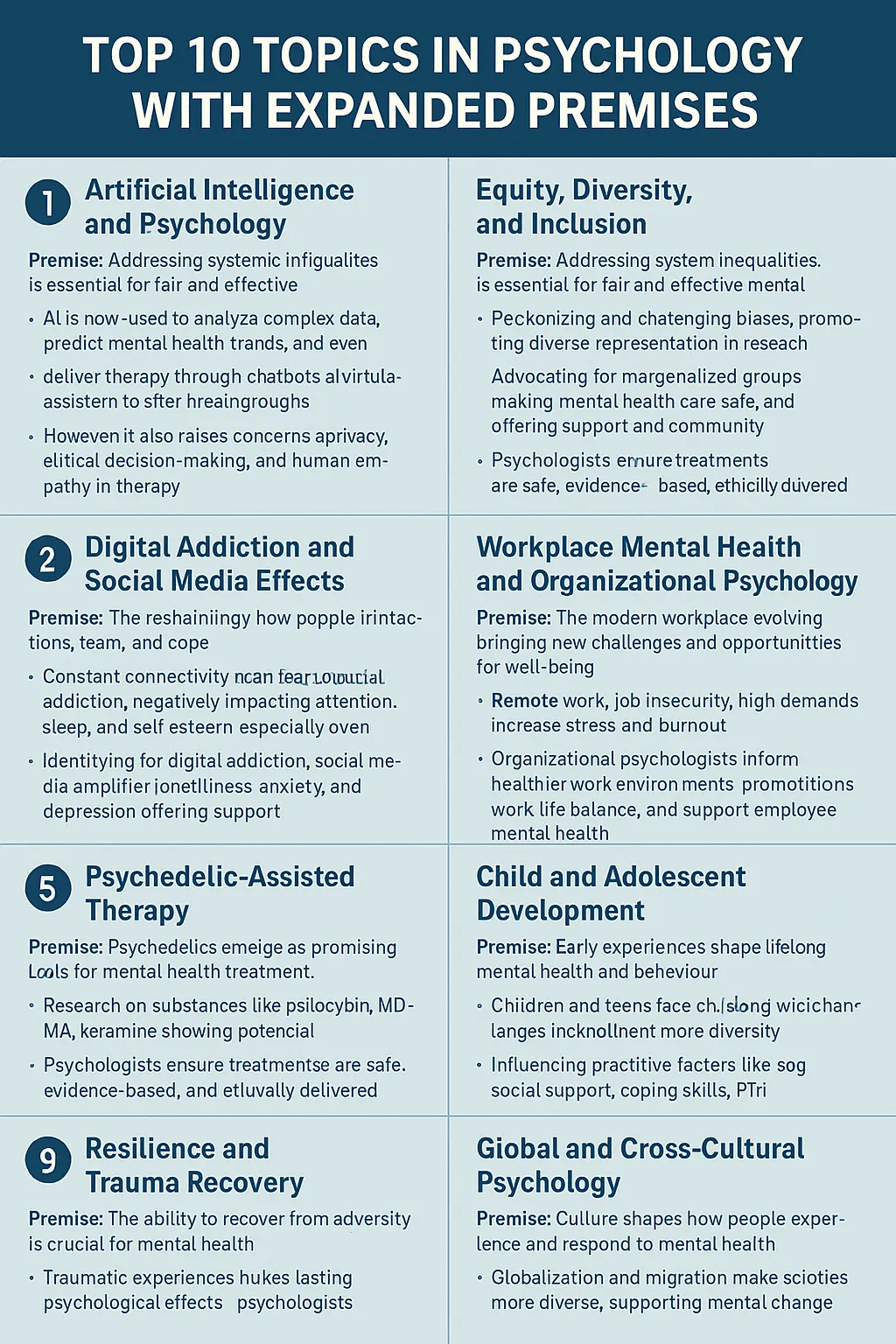The Interplay Between Mental Health and Psychological Wellbeing
In the realm of mental health, the intricate relationship between mental health and psychological wellbeing often emerges as a topic of profound importance. While the terms "mental health" and "psychological wellbeing" are sometimes used interchangeably, they encapsulate distinct yet interconnected facets of human experience. Understanding the nuanced interplay between these two dimensions is crucial for fostering holistic approaches to mental wellness and promoting resilience in individuals.
Mental health encompasses a broad spectrum of psychological and emotional states that influence how individuals think, feel, and behave in daily life. It encompasses aspects such as mood disorders, anxiety disorders, psychotic disorders, and substance use disorders, among others. Mental health is not solely determined by the absence of diagnosable disorders but also by the presence of positive mental attributes, including emotional resilience, coping skills, and a sense of purpose and meaning in life.
Psychological wellbeing, on the other hand, refers to a state of optimal functioning and fulfillment in various domains of life, including emotional, social, and cognitive dimensions. It encompasses positive feelings such as happiness, contentment, and satisfaction, as well as a sense of purpose, autonomy, and personal growth. Psychological wellbeing is closely linked to concepts such as self-esteem, resilience, and subjective wellbeing, which collectively contribute to an individual's overall quality of life.
The relationship between mental health and psychological wellbeing is dynamic and multifaceted, with each dimension exerting influence on the other in a reciprocal manner. When mental health is compromised, whether due to the presence of a psychiatric disorder or significant life stressors, it can have profound implications for psychological wellbeing. Symptoms such as persistent sadness, anxiety, or intrusive thoughts can erode one's sense of happiness, fulfillment, and overall life satisfaction.
Conversely, psychological wellbeing serves as a protective factor against the development of mental health problems and can facilitate recovery and resilience in the face of adversity. Individuals with high levels of psychological wellbeing tend to possess robust coping mechanisms, adaptive problem-solving skills, and strong social support networks, which enhance their ability to navigate life's challenges effectively.
The impact of mental health on psychological wellbeing extends beyond the individual level to encompass broader societal and environmental factors. Socioeconomic disparities, discrimination, trauma, and environmental stressors can all contribute to the development of mental health issues and undermine psychological wellbeing on a collective scale. Addressing these systemic factors is essential for promoting mental health equity and fostering inclusive environments conducive to psychological flourishing for all individuals.
Furthermore, the recognition of cultural and contextual influences on mental health and psychological wellbeing is paramount in ensuring culturally sensitive and responsive interventions. Cultural norms, beliefs, and values shape individuals' perceptions of mental health and influence help-seeking behaviors, coping strategies, and social support networks. Therefore, mental health interventions should be tailored to reflect the diverse cultural backgrounds and lived experiences of individuals and communities.
In light of the intricate interplay between mental health and psychological wellbeing, a comprehensive approach to mental wellness must encompass both prevention and intervention strategies. Prevention efforts aimed at promoting mental health literacy, resilience-building, and early intervention can mitigate the risk of mental health problems and enhance psychological wellbeing across the lifespan.
Moreover, access to high-quality mental health care services, including psychotherapy, medication management, and psychosocial support, is essential for individuals experiencing mental health challenges. Integrative approaches that combine evidence-based treatments with holistic interventions, such as mindfulness-based therapies, exercise, and social support groups, can address the multifaceted needs of individuals and promote recovery and resilience.
In conclusion, the relationship between mental health and psychological wellbeing is complex and bidirectional, with each dimension exerting influence on the other in profound ways. Recognizing the interconnectedness of mental health and psychological wellbeing is crucial for promoting holistic approaches to mental wellness that encompass prevention, intervention, and societal-level initiatives. By fostering resilience, promoting positive coping strategies, and addressing systemic inequities, we can cultivate environments that nurture the flourishing of individuals and communities alike.














